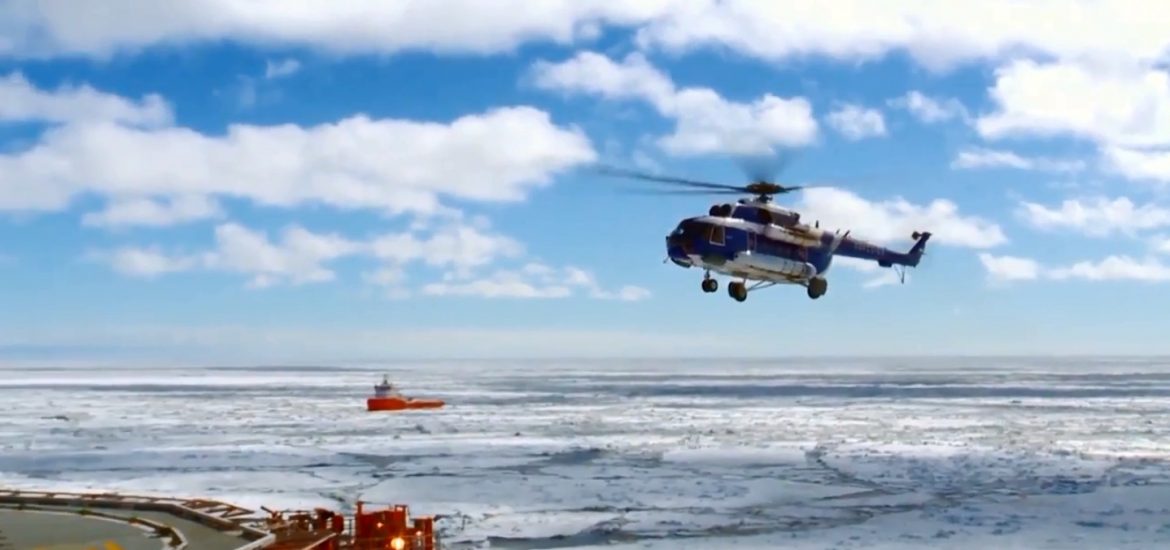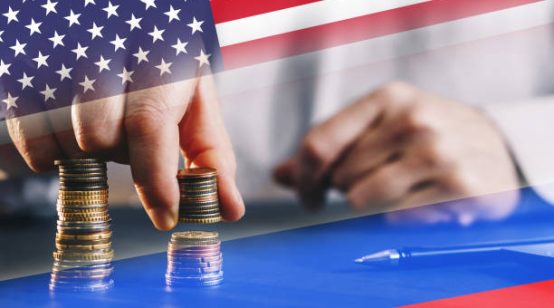
Russia and Germany are in talks over how the Nord Stream 2 pipeline should adapt to an EU deal on how the gas link will be operated.
The economy ministers from both countries yesterday (Thursday) held talks in Berlin on the new EU rules regulating the controversial pipeline.
The EU reached a deal last week to apply strict rules that Russia and Germany say will not stop the project but could slow it down.
EU ambassadors have reportedly endorsed an informal agreement on the new rules for operating the pipeline.
The EU regulations are on track to be enacted by the summer after formal approval from the European Parliament and European Council.
Berlin’s economy minister Peter Altmaier said Germany fully intended to abide by the regulations. “We will respect everything that is set out in the directive and implement it accordingly,” he told the media.
The project’s critics say Ukraine could be deprived of billions of euros in gas transit fees and become more vulnerable to Russian intervention.
Germany insists Nord Stream 2 is essential to energy security as Europe’s production falls and of gas and as the EU tries to reduce the use of polluting coal.
The Russian-German Chamber of Commerce also denounced the claims of energy dependence, according to Kremlin mouthpiece Tass.
“Europe’s one-sided dependence on gas supplies from Russia, which is often cited as an argument against the Nord Stream 2 project, is actually a false argument. This dependence is mutual and bilateral. If you take a sober attitude, the European Union depends on Russian gas supplies less than Russia depends on the influx of currency due to gas supplies to Europe,” yesterday’s statement said.
“In order to withstand global competition, energy-intensive German industries need affordable energy. In this regard, the energy potential of the Nord Stream-2 gas pipeline with a design capacity of 55 billion cubic metres makes the necessary contribution, especially against the background of the decision to abandon the nuclear energy and the planned coal refusal.”
The EU’s draft law said all import pipelines must meet Brussels’ rules and cannot be directly owned by gas suppliers, or Gazprom in Nord Stream 2’s case. The “unbundling” process must open up at least 10 per cent of capacity to third parties. The project must also apply non-discriminatory tariffs and provide transparent reporting.
“Unbundling or third-party access will be key,” Altmaier said. “We will have to discuss that with the investors, with Gazprom, but I’m optimistic that a good, sustainable solution can be found.”
Gazprom has a monopoly on gas exports from Russia under Russian law and it is unclear how the gas giant will be able to offer pipeline capacity to other suppliers.
Gazprom’s export monopoly is in the spotlight. Picture credit: YouTube





